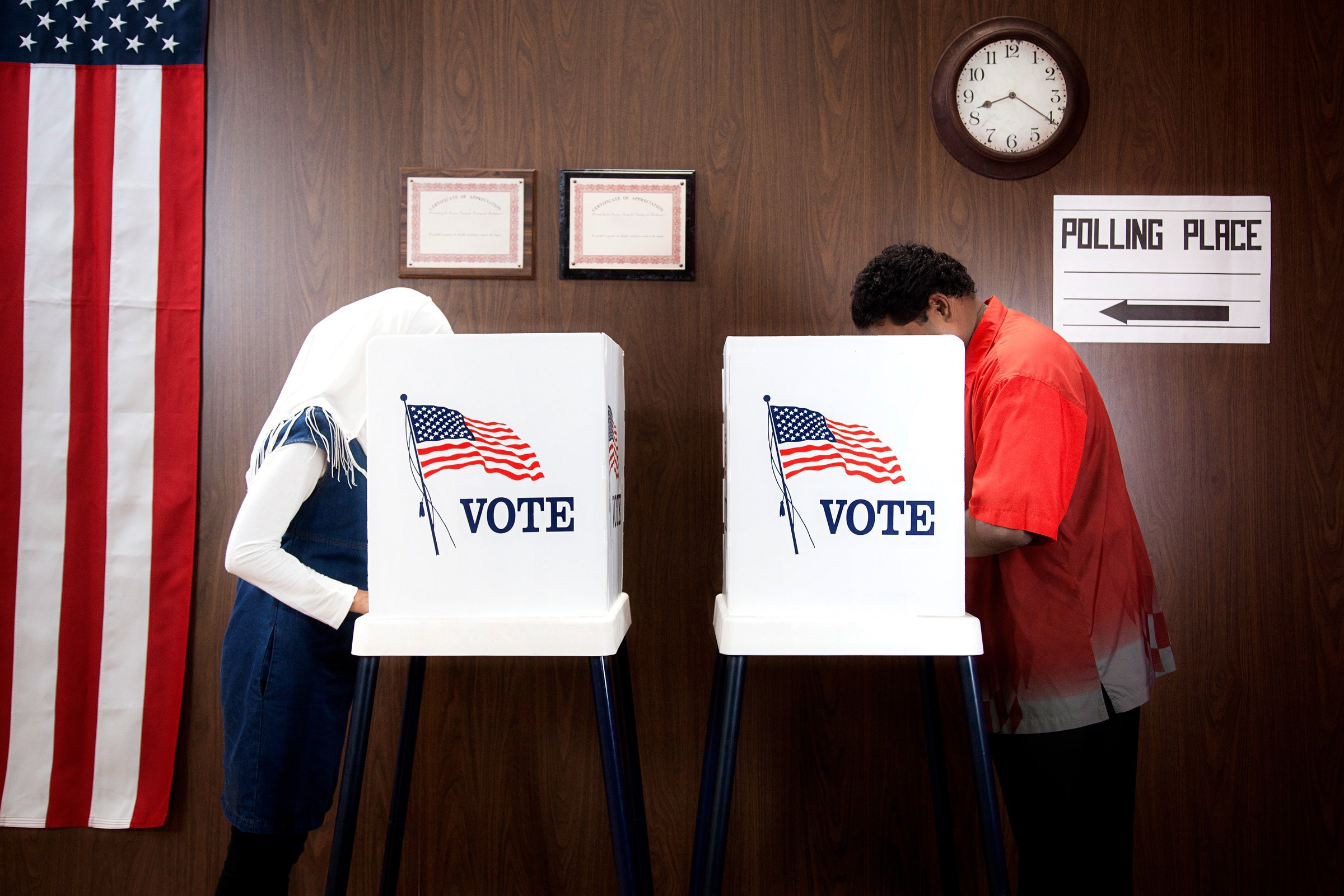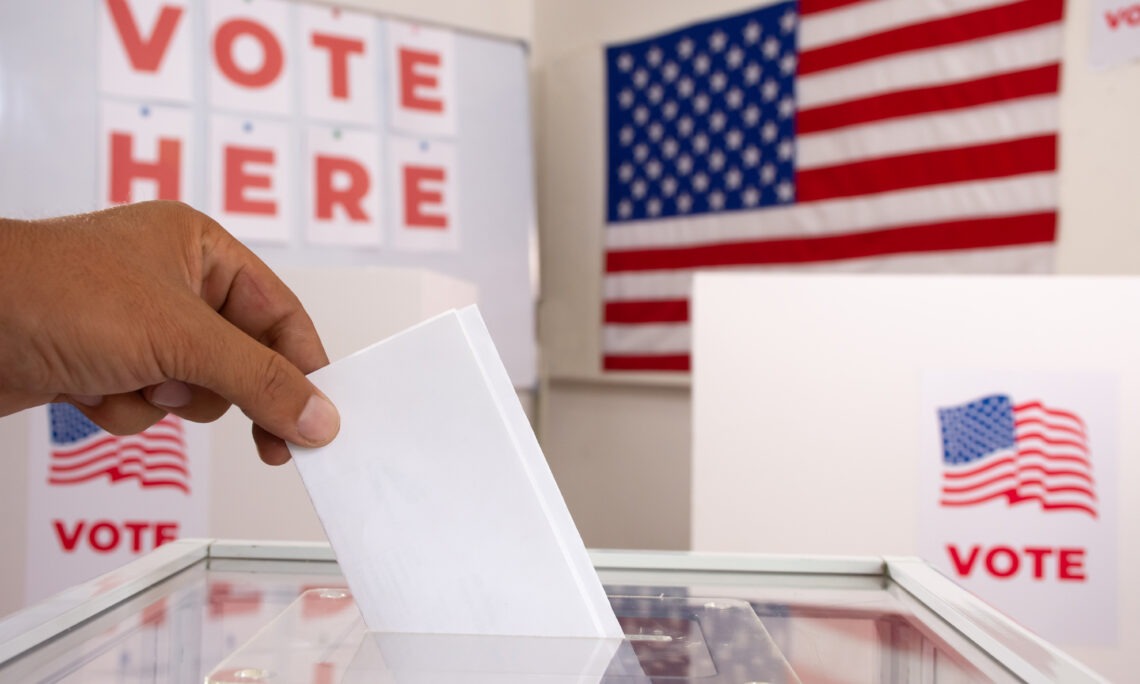Despite the nominees being locked in, the remaining 2024 presidential primary elections hold remarkable stakes, potentially impacting the health and evolution of American democracy.
This year’s protest vote phenomenon has seen primary voters increasingly using their ballots to demand a permanent cease-fire in Gaza. In previous uncompetitive primaries, protest votes averaged around 7%; however, this year, over 1 in 10 primary voters have cast protest votes for a cease-fire, prompting the Biden administration to change course.
A majority of likely voters, including 76% of Democrats, have consistently called for a permanent cease-fire in Gaza, but their demands were initially ignored by U.S. policymakers.

However, as protest votes continued to rise, the Biden administration began calling for a six-week cease-fire, and later dropped its opposition to a U.N. cease-fire resolution, allowing it to pass.
While these developments may be seen as pyrrhic victories for Palestinians, protest voting may have contributed to President Biden’s public disagreement with Israeli leader Benjamin Netanyahu and the delay of Israel’s planned ground assault on Rafah.
It may also have influenced Israel scaling back its counterattack on Iran and the U.S. considering sanctions on an Israeli military unit occupying the West Bank.
The protest vote movement, which began with the Vote Ceasefire campaign in the New Hampshire primary, has demonstrated that primary ballots can be used creatively to register demand for a cease-fire.

Various campaigns have emerged, using techniques like writing in “cease-fire” or marking “uncommitted” on ballots, to convey demand for a timely and meaningful cease-fire in Gaza.
This movement represents a historic shift in U.S. politics and democracy, as primary voters are converting their disaffection and sense of powerlessness into a sense of agency and power to make a difference.
While more needs to be done to translate demand for a cease-fire into action, the ongoing protest vote movement is reinvigorating the 2024 presidential primaries, making them vital exercises in building a stronger, more direct American democracy.

